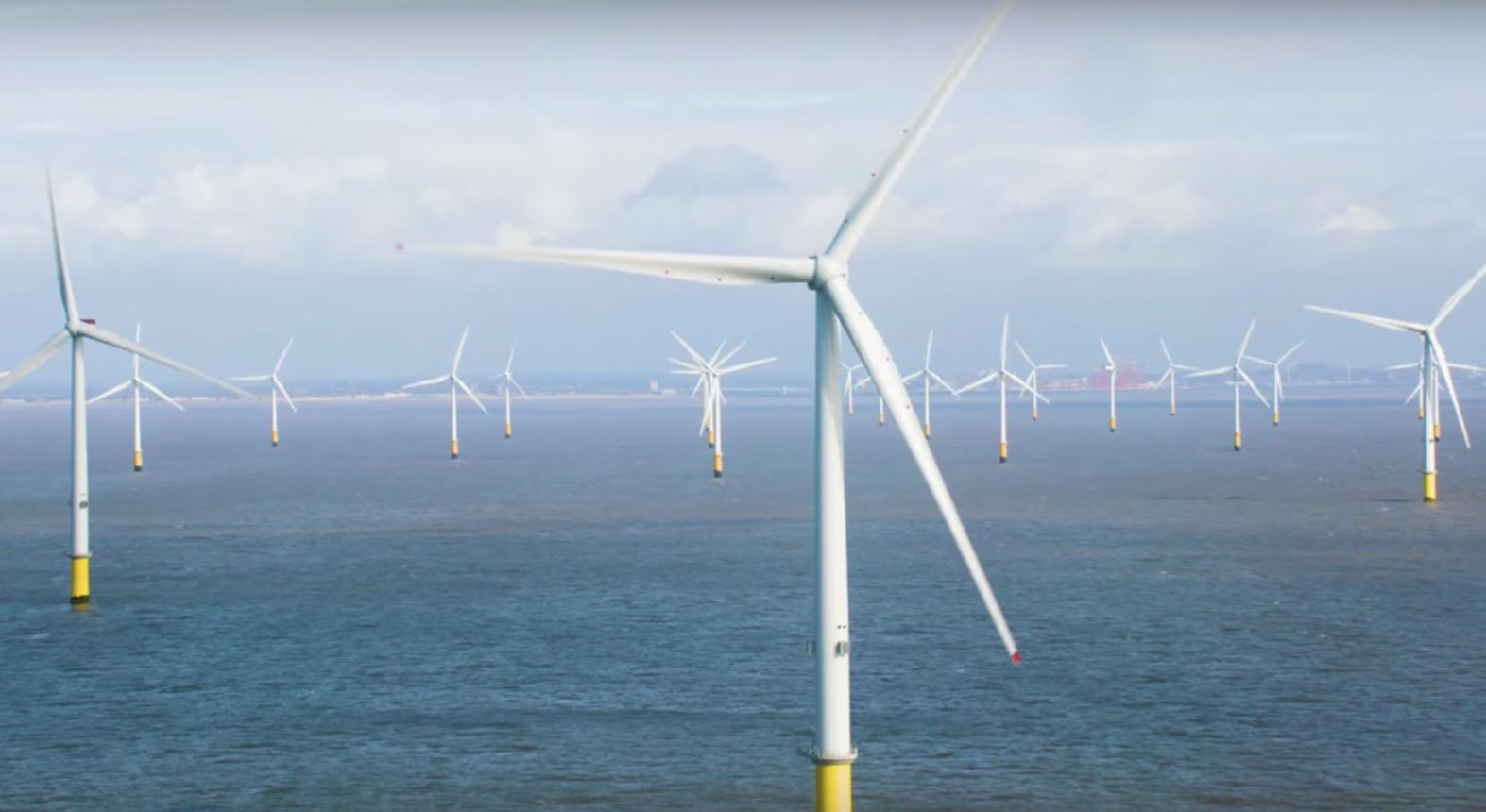
Wind energy generation in the UK hit a new record in February 2019. According to the National Grid, wind energy generation reached 15.32 gigawatts (GW) between 12.15 and 1.45pm on February 11th.
During those ninety minutes, wind energy represented 36% of the UK’s electricity demand.
The previous record was on 18th December 2018, when wind energy generated 15.05GW.
One decade ago, who would have thought that wind energy generation would supply more than one-third of the country’s power needs? Furthermore, this occurred during one of the coldest periods of the year.
Over the last few years, the UK’s energy mix has been shifting rapidly towards renewables. Among the renewables, onshore and offshore wind energy generation has led the way.
Wind energy generation – RenewableUK comment
Emma Pinchbeck, Executive Director of RenewableUK, said:
“At one of the coldest times of the year, when we need it most, wind is generating over a third of Britain’s power needs, setting a new clean energy record. It’s yet another demonstration of how our energy mix is shifting to renewables, with onshore and offshore wind in the vanguard.
“This transition is set to continue apace; we’re currently finalising a sector deal that will see offshore wind alone generating at least a third of our electricity by 2030. This will secure £48bn of new investment and support 27,000 highly-skilled jobs.”
“Onshore wind is already the cheapest source of new power in the UK and can make a major contribution to meeting our carbon reduction targets and keeping bills down.”
About wind energy generation
Wind energy refers to capturing the energy in moving air (wind) and converting it into electricity.
Wind energy is renewable energy. In other words, its source never depletes, i.e., we never run out of it (in a human timescale).
Solar energy, which involves capturing the energy in sunlight and converting it into electricity, is also renewable.
Earth’s internal heat never depletes. When we harness Earth’s inner heat to generate electricity, we call it geothermal energy.
Other renewables are biomass energy (burning organic material) and hydropower (energy from flowing or falling water).
